DISCLAIMER: this information is not intended to replace to the advice of a medical or mental health professional. I have a good kid, why would she use drugs?First, it's important to understand how the ADHD brain works. Past posts in this series have talked about difficulties in the frontal lobe of the brain (behind the forehead). This area of the brain typically has underactivity, leading to difficulty paying attention, being alert, planning, staying on task, reaching a goal, etc. It might seem like they would be lethargic or underactive physically, but it's the exact opposite. To compensate a person with ADHD is hyperactive, busy, restless, and fidgety, which helps raise the level of frontal lobe activity. Unfortunately, they still can't focus or get much done. Kids with ADHD irritate and frustrate others. The harder they try, the worse the situation gets, leading to an increase in anxiety, which often becomes chronic. So, now we have a good kid, who is hyper, busy, restless, fidgety, frustrated, and anxious. And this kid has peers that he wants desperately to like and accept him. One of these friends comes along and offers marijuana and says, "Let's get high." At first it's about the excitement and novelty. The second or third time, an ADHD kid will experience what it's like not to be anxious or fidgety, to feel relaxed. Who doesn't want that? They just want to "get high", but I believe they are really craving the relaxation that follows. How to help your good kid avoid these trapsThere are obvious common sense answers about peer pressure and education about drugs. But these methods alone won't solve the real issues of anxiety, hyperactivity, problems focusing, or irritating their peers and friends. Addressing the core issues of the ADHD will help your kids avoid these kinds of traps. First, make sure that you are getting effective treatment for your kid's ADHD. One study shows that treating ADHD with medication, lowers an adolescent's risk of substance use disorders by 85%! I think effectively treating symptoms lowers the need to seek out other ways to relax. Also, when they are calmer, more focused, and aware, kids with ADHD tend to have fewer social problems in school, which can help lower their need to give in to peer pressure for acceptance. I know that medication is not right for everyone. In fact, most parents come to me seeking medication alternatives for kids with ADHD, Autism, and Asperger's. Be sure to research your options and discuss them with a mental health professional and make an educated decision for your child. What can I do to help my kid's ADHD Brain?We want their brains to work smarter, not harder. Kids with ADHD usually try very, very hard and fail often, creating a cycle of failure, frustration, and increased effort. What you can do is to help them find healthy ways to activate their frontal lobe and calm their anxiety. When their anxiety is lower and they can focus, they will be much less likely to seek unhealthy solutions.
I think the most important thing you can do to help lower your child's risk of substance abuse, is to effectively treat their ADHD symptoms. When you can do that, the reasons for trying marijuana, alcohol, or cigarettes will greatly diminish. Let me know in the comment section what you think about ADHD and marijuana. I would really love to hear about your experience or your child's with ADHD and how you manage ADHD symptoms. Up Next in The ADHD Tips for Parents Series:
|
Nikki Schwartz,
|
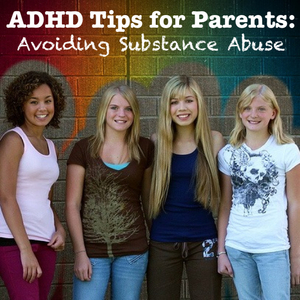

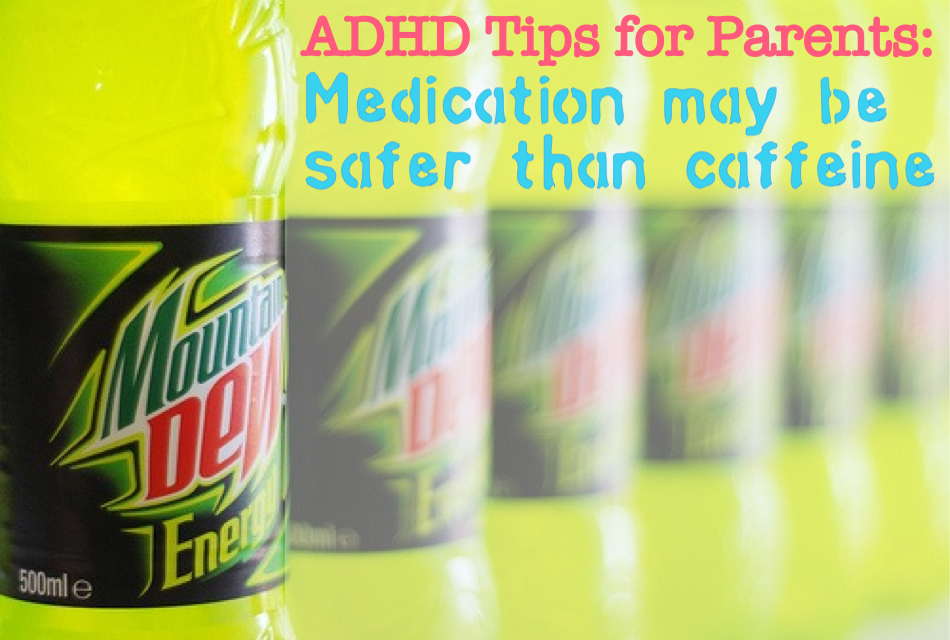
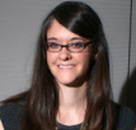
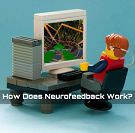
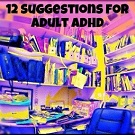
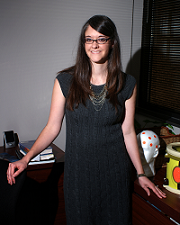
 RSS Feed
RSS Feed
